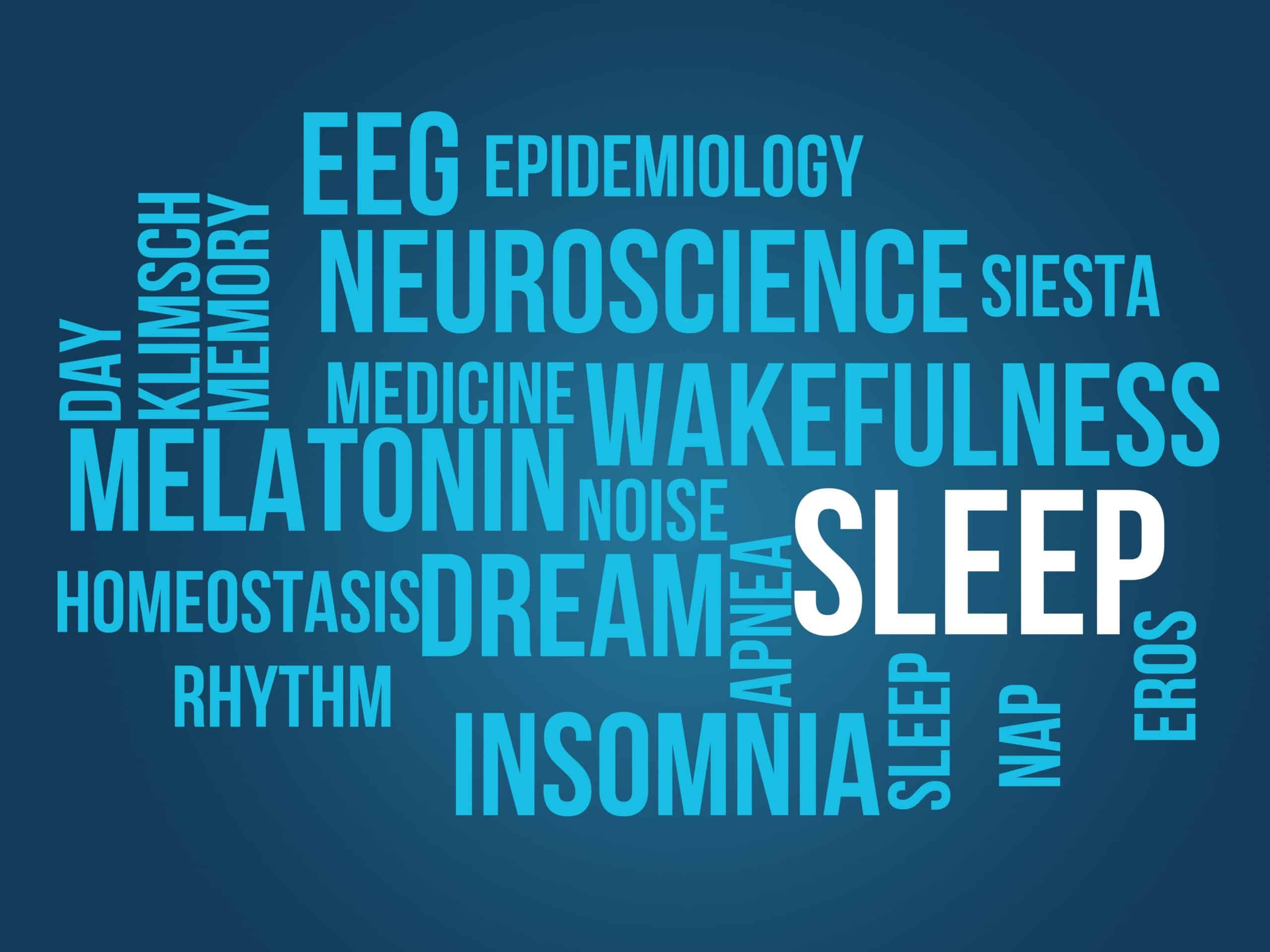Enhance Your Environment
You might be surprised to learn aspects of your sleep space might be inhibiting your ability to get quality rest. For example, if your room is messy or cluttered, the mess might increase anxiety, making it harder to sleep. If you fall asleep with the television on, you’re probably waking yourself up as long as the light and noise are in the room – even if you’re not aware of it.
Your bedroom furnishings, too, can have a big impact on your sleep quality. Your blinds and curtains can have an impact – if they’re not properly blocking the light from outside, you might be waking up just a little bit every time a car drives past. Aim for a dark, quiet environment to ensure a restful sleep.
On top of that, many people are sleeping on a mattress that’s too old. Mattresses need to be replaced every ten years or so, just due to regular wear. If it’s time to upgrade, consider a “bed-in-a-box” mattress, such as the Purple Mattress. These mattresses typically run from $699 to $1,299, depending on what size you purchase. It’s a versatile selection that will work for most sleep types, and a new mattress might be just the thing for catching the quality sleep you’re missing.
Skip Screen Time
We have all heard by now that we shouldn’t use our phones in bed, but do you know why? There are actually several reasons to leave your mobile device on the nightstand (or even in another room) before heading to bed.
First and foremost, screens produce bright blue light, even at their dimmest settings. This light can inhibit our body’s natural production of melatonin, disrupting our circadian rhythm and making it hard to fall and stay asleep. You can also use blue light blocking glasses, but ultimately this is only effective if you also avoid emotional triggers. As Anxiety.org explains, in addition to the physiological aspects of blue light, much of what we consume on our phones or computers can cause anxiety. By exposing ourselves to stress triggers right before bed, we sabotage our chances of sleeping peacefully.
Resolve to cut down on screen time at night in general, and try to stop using phones, computers, and televisions entirely an hour before bed. This gives your body time to produce the melatonin it needs to rest properly.
Mindful Matters
When we have big, undeniable sources of stress in our lives such as serious medical problems, it can be difficult to let go of that stress when bedtime rolls around. That’s why it’s incredibly important to build some form of mindfulness practice into your daily routine.
Mindfulness is all about focusing fully on the present moment. By practicing this for ten minutes or so a day, you can train your mind to resist the urge to ruminate on treatments, medications, and other health-related stressors. Psych Central explains it’s a terrific tool for improved emotional wellness. A solid night’s rest can only do your body good, and bedtime anxiety doesn’t serve any purpose other than keeping you tossing and turning.
Ask Your Doctor For Help
At the end of the day, sleep hacks like these might not be enough to help you get the rest you need. If you suspect you’re getting poor sleep and none of these interventions help, talk to your doctor about the situation. It’s possible your symptoms or medications are hindering your ability to sleep, in which case your physician may need to adjust your prescriptions.
At the end of the day, whatever gets you sleeping through the night is a valuable tool. A good night’s rest is important to your well-being, not only physically, but mentally as well. Don’t put off making the changes you need to achieve it.




